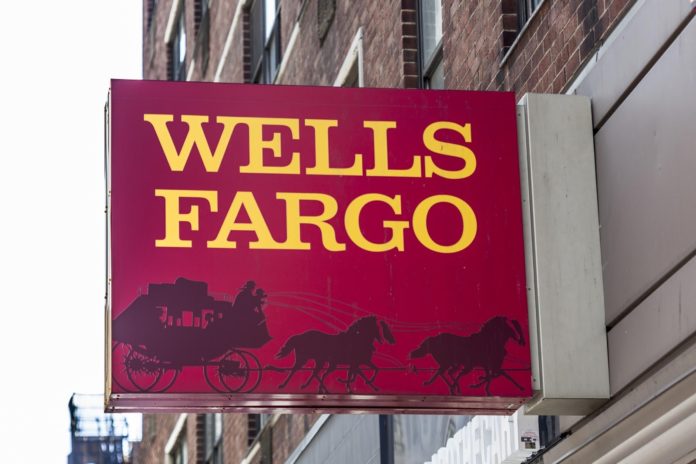Wells Fargo is once again making headlines as they have agreed to settle with the Securities and Exchange Commission and Department of Justice for their role in the latest financial scandal. Since 2015, Wells Fargo has been alleged in financial misconduct on nearly 20 separate occasions – even more when looking prior to 2015. This time, bank employees created fraudulent accounts to boost sales along with transferring customers’ money without their knowledge or consent. As a result, customers began to question why certain fees and accounts were appearing in their bank statements which ultimately came to light in 2016.
After a number of investigations, Wells Fargo has settled to pay $500 million to the SEC for investors who were harmed during the 14-year-long scheme, as well as, a $3 billion fine to avoid criminal prosecutions from the Department of Justice (DOJ). Reports from the DOJ suggest that internal Wells Fargo senior officials were made aware of the actions taking place to inflate sales in 2002, but did not implement the appropriate measures to apprehend the wrongdoing which carried on from 2002-2016. The DOJ and Wells Fargo settled on a deferred prosecution, which grants amnesty to the bank so long as they cooperate with any further investigations into their misconduct.
Michael D. Granston, the Deputy Assistant Attorney General for the Department of Justice’s Civil Division stated, “This settlement holds Wells Fargo accountable for tolerating fraudulent conduct that is remarkable both for its duration and scope, and for its blatant disregard of customer’s private information.” According to a DOJ press release on the agency’s findings, Wells Fargo knowingly and willingly sold financial products to consumers who may not have needed them in their account. On multiple occasions these products were sold without the customer’s knowledge and fake accounts were created to shift money around to reach sales quotas.
Furthermore, customers were pressured into purchasing products that they did not need or want. Despite public commentary from the bank about putting the needs of the customer first, Wells Fargo employees and executives willingly committed unlawful acts by putting the interests of the bank ahead of their consumers.
In a statement, Stephanie Avakian, Co-Director of the SEC’s Division of Enforcement said, “Wells Fargo repeatedly misled investors, including through a misleading performance metric, about what it claimed to be the cornerstone of its Community Bank business model and its ability to grow revenue and earnings.” Avakian’s statement comes at a time when misconduct by Wells Fargo and its subsidiaries seems routine. From 2009-2013, Wells Fargo Advisors improperly advised clients to sell and reinvest in Market-Linked Investments before the securities reached maturity. Doing so generated funds for the bank while depleting investors’ returns and as a result the SEC fined Wells Fargo $4 million in 2018. These events took place following the 2008 financial crisis, which Wells Fargo was also implicated in, for their role in the housing crisis by misrepresenting mortgages and issuing thousands of loans that would later default, ultimately harming consumers and investors.
These are only a handful of the enforcements made against one of the largest banks in America. Other examples of misconduct include misrepresenting or failing to disclose information to investors, including unnecessary add-ons for consumers’ accounts like pet insurance, charging clients without their knowledge, discrimination suits, evicting and repossessing automobiles from active duty military members, and deceptivley hiding fees in small business owners’ accounts.
Despite consistently violating different laws and regulations, Wells Fargo will not face criminal prosecutions from the Department of Justice. Including the $3.5 billion being paid by Wells Fargo in this case, the bank has paid billions of dollars in fines for their role in multiple scandals and fraudulent schemes that span more than 20 years. Multiple CEOs have resigned from their positions and senior officials have been complicit with the banks deceptive and unlawful practices, all while knowing what was taking place. If Wells Fargo can ever be able to rebuild their reputation as one of the largest banks in the United States it will take a considerable amount of work and effort to regain the confidence of the consumer.













